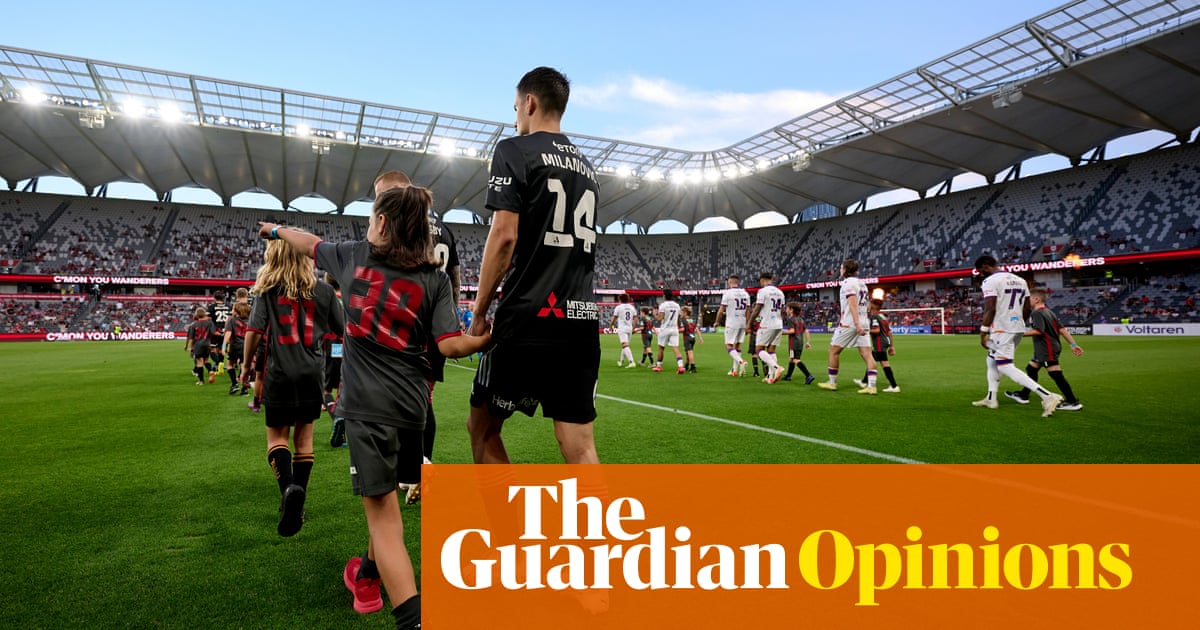
GLASGOW, Nov 5 (Thomson Reuters Foundation) - The small Central American nation of Costa Rica has managed some revolutionary changes over the past century - from fully disbanding its military to providing universal healthcare coverage and restoring vast acreage of lost tropical forests.
In making those changes, its people have achieved a better life expectancy than U.S. citizens, and Costa Rica has become an upper-middle-income country with a green economy powered by hydro-electricity and built in part around ecotourism.
"Everybody said it was impossible," said Costa Rica"s President Carlos Alvarado Quesada, who is attending the COP26 U.N. climate negotiations this week in Glasgow.
But Costa Rica - like most countries around the world - now faces another massive challenge: wresting its economy fully onto a path that ends the use of climate-wrecking fossil fuels while improving quality of life and prospects for its people.Quesada is cautiously optimistic that transformation can happen, not just in his already-green nation but in others too, where the shift will be much harder.
"When people say it"s impossible to move to a future free of fossil fuels, evidence points in the opposite direction," he told the Thomson Reuters Foundation in an interview.
Next week, Costa Rica and Denmark will launch a new "Beyond Oil and Gas Alliance" (BOGA), whose members seek a "managed phase-out of oil and gas production to align with Paris Agreement goals".
That alliance aims to end all fossil fuel exploration and production within member countries - a step beyond a commitment this week by 25 countries, development banks and national groupings to end public finance for most fossil fuel exploration and production overseas by the end of 2022.
Costa Rica"s legislature in July was scheduled to consider a measure to ban oil and gas exploration and exploitation in the country, a move hotly opposed by its Chamber of Industries.
After some adjustments, the measure is now back before lawmakers and likely to pass, Quesada said, saying the country was "the closest we"ve ever been to achieving that (goal)".
Organisers of the COP26 talks have made ending finance for coal power, the dirtiest fossil fuel - as well as winning commitments to end its use for power production - a major goal.
But the International Energy Agency has said that to keep planetary heating to 1.5 degrees Celsius, the more ambitious goal of the Paris Agreement, new investment in not just coal but also oil and natural gas needs to end this year.
Quesada said each nation would have to fight its own domestic political battles and find its own path to making such swift changes - and ensure its citizens are brought along.
"We cannot have global agreements... that are going to be unjust and unfair," whether to indigenous people or coal workers who are losing their jobs, he added, warning a "one-size-fits-all" approach to securing a green transition would fail.
DISINFORMATION THREAT
One huge challenge to winning consensus for change within countries and at the international level is widespread political polarisation driven partly by disinformation, particularly on social media, the president said.
A report out this week from environmental oversight groups analysed data on Facebook and found tens of thousands of ads and posts downplaying or denying climate change threats.
The Real Facebook Oversight Board, one of the groups behind the study, called in a statement for an investigation into Facebook"s "dangerous spread of climate disinformation".
Facebook officials have said they are working to limit the problem and to send users to credible sources of climate information.
Quesada said widespread falsehoods about climate change were driving divisions and making it harder to find agreement in multilateral settings like the COP26 talks.
"If we are to protect our democracies, I think something must be done," he said. "There is more and more evidence that(social media algorithms) have weakened democracy."
"ANYTHING AND EVERYTHING"
Inadequate finance to help poorer nations shift to a greener path and adapt to worsening climate impacts also has been a roadblock at COP26, with a promise by wealthy nations to provide $100 billion a year in finance starting from 2020 still unmet.
The national climate action plans of many poorer nations depend on such finance, and the so-far unfulfilled goal has undermined trust in the talks by vulnerable nations.
Quesada said richer countries should look hard at their budgets to find the missing cash, including redirecting billions in military spending on expensive new submarines.
"Why not use that money to save the world and not destroy it?" he asked.
But he also said all countries must work as hard as they can, using their own resources and without waiting for others, to drive needed green shifts, as a failure to manage surging climate threats would endanger everyone.
"If we get into that kind of debate - that we’re not going to advance unless the others advance - nobody is going to move at all," he said.
"We should do anything and everything in our hands to fix this," he added.












